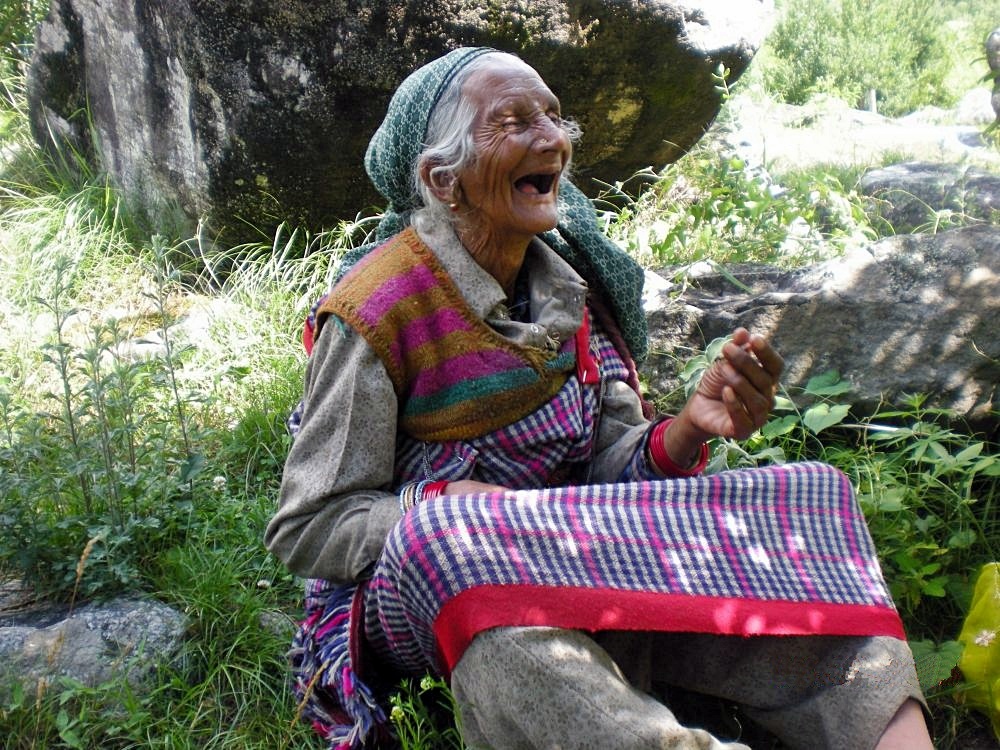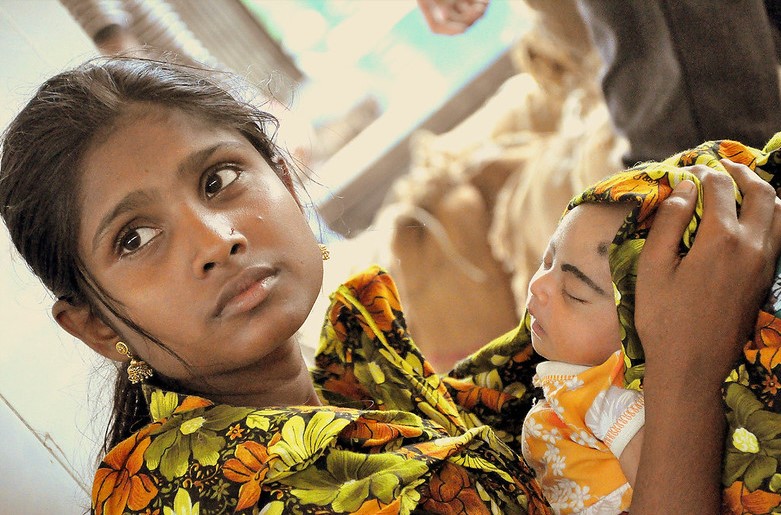Manufacturing processes often take place using practices that create harm to people and the planet. Dr Chikako Oka, Dr Rachel Alexander and Professor Shahidur Rahman explore challenges of sustainability-focused training programmes that global brands and retailers have been promoting for their suppliers by considering the perspectives of garment sector factory managers in Bangladesh.
Social and environmental sustainability challenges are a major concern in supply chains that often rely on production in low cost countries. Brands and retailers under pressure to address such challenges have mainly relied on imposing standards for their suppliers. While labour codes of conduct and other standards have been applied since the 1990s, these systems have been shown to have limited effectiveness (see Locke 2013 and Bartley 2018). Calls have been made for brands and retailers to develop more cooperative approaches and include capacity building in their relationships with suppliers.
We have conducted a study on capacity building programmes for the garment industry in Bangladesh. Specifically, we focused on a type of capacity building that is offered voluntarily to producers and pitched as a business case. The ‘business case’ typically involves factories participating in a programme that is designed to address a social and/or environmental challenge, while increasing efficiency or lowering operational costs. Examples include programmes supporting women’s empowerment while promising to increase productivity, such as the BSR’s HerProject, or supporting cleaner production systems that create less waste and therefore save costs for supplies, such as IFC’s PaCT.
In theory, this type of programme should bring multiple benefits. First, this model should appeal to producers’ economic interests. Bangladesh’s producers are experiencing increased pressures to stay globally competitive, including price pressures, increasing costs for compliance systems and the spread of the fast fashion model. Facing such pressures, Bangladeshi producers are actively looking for ways to lower costs to stay competitive.
Second, this type of programme should move away from the buyer-driven model which has contributed to the lack of success of private standards. Business case sustainability initiatives are intended to stimulate suppliers’ internal commitment to addressing sustainability challenges. This strategy could in theory change the common situation of producers seeking to do the minimum possible to pass a code of conduct inspection, including evading inspectors’ visibility into actual practices.
However, these programmes have not spread as quickly and as broadly as could be expected based on their high promises. To understand this lack of growth, we explored what factories thought about such programmes. We spoke to 43 factory managers, including those who had participated in such programmes and those that had not and reviewed published materials about several business case sustainability programmes.
Our interviews uncovered three groups of factories, which are not mutually exclusive. The first, and most prominent, type is buyer-driven. They join any initiatives that their buyers suggest and do not pay much attention to proposed benefits other than pleasing their buyer. The second type is self-motivated. They are willing to join programmes that make good pitches. The third are the hard core sceptics. These factories do not believe the promise of future benefits and just focus on the upfront costs. Furthermore, they are wary of having outsiders observe their factories as they have experience with the auditing system in which they are penalized by inspectors who do not approve of their practices.
As many factories participate in these initiatives solely to please their buyers, the initiatives do not change the buyer-driven logic which shapes this industry and is at the heart of the standards approach. When participation is focused on fulfilling a buyer’s request, it can hamper the success of the programme because factory management can attend training sessions to meet the basic programme requirements but they often have little incentive to actually make difficult changes to management and production systems in their facilities. Factories can also join programmes which they know are not relevant to their own facilities, taking places which could have been offered to more needy factories. For example, one factory representative described, “There are some programmes which we already working with . . . being overlapped and promoted by other brands. Then just for making some reports or as a formality to be involved, we allocate our resources or people” (Factory 3).
However, knowing about the buyer-driven nature of participation in these programmes and lack of trust in business case calculations provides insight for improving their impact. Buyers can incentivise changes to production practices by tying future orders to sustainability performance. For example, they can offer to increase orders or provide more stable orders, through mechanisms such as preferred supplier lists categorizing suppliers based on sustainability performance. Such an incentive may be more appealing to factory management than complicated calculations about achieving increased operational efficiency over a number of years.
Another key challenge with the implementation of these initiatives is that the same group of already better performing factories reported being asked to join many initiatives and smaller factories reported never being asked to join any. This discrepancy can be seen to be based on the incentives of programme managers and buyers. Initiatives want to have success cases to show their funders and when buyers are recruiting suppliers, they can also be looking for success cases that they want to include in marketing material. This approach excludes factories which may be creating the most harm. An alternative model would be to use a risk-based targeting approach. Programmes could be focused on factories that have the greatest need for support, which could raise the floor on an industry’s worst practices.
The findings from this research are important for developing effective strategies to address social and environmental challenges for global production systems. Business case sustainability initiatives provide an alternative and potentially complementary approach to private standards. However, the way they are pitched, targeted, and rewarded needs to be modified if they are to achieve higher levels of impact.
The views expressed in this post are those of the author and in no way reflect those of the International Development LSE blog or the London School of Economics and Political Science.





